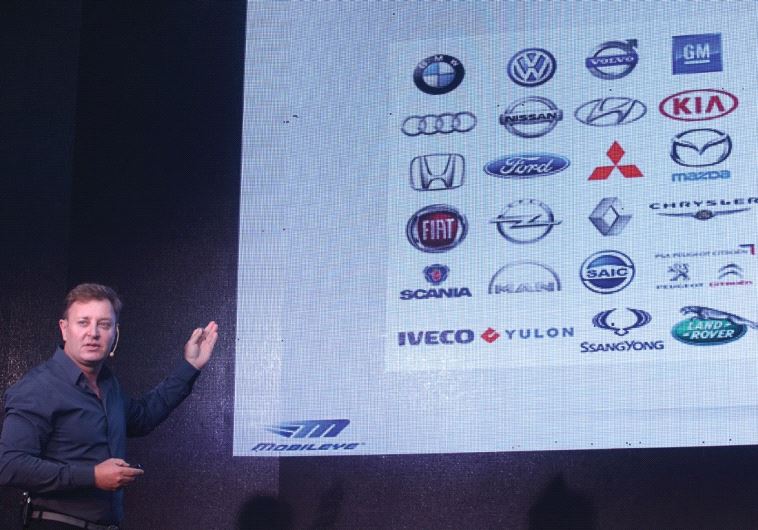Mobileye head: In two decades, cars as we know them will be obsolete
“We are in the midst of the largest revolution that the automotive industry has seen in the last 100 years, and Mobileye is in the center."
 ZIV AVIRAM, co-founder, president and CEO of Mobileye,(photo credit: MARC ISRAEL SELLEM/THE JERUSALEM POST)
ZIV AVIRAM, co-founder, president and CEO of Mobileye,(photo credit: MARC ISRAEL SELLEM/THE JERUSALEM POST)